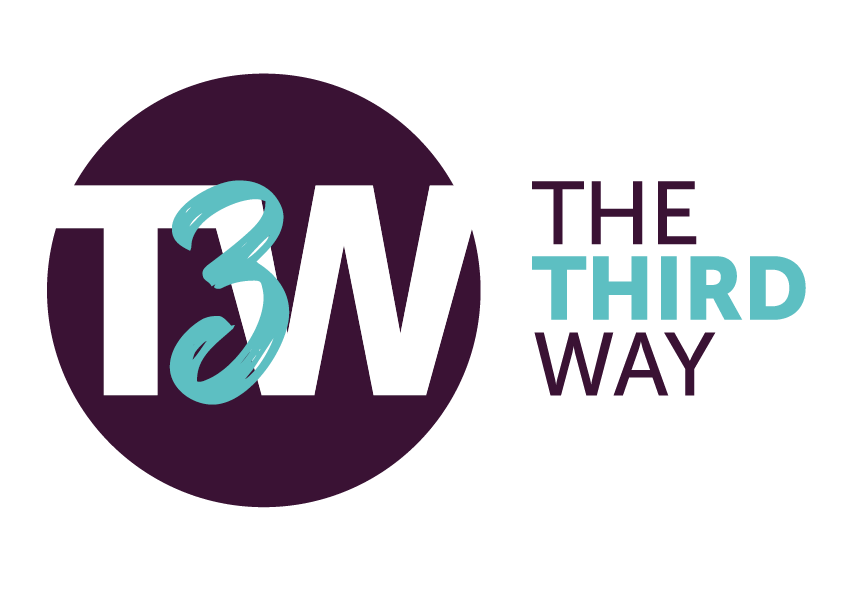What is Project Management?

We start with a reminder that projects have ‘a start point and an end point’ and all projects have ‘a single goal’ but may incorporate many objectives and challenges on the way to achieving that goal.
As we learned in the last module, a project is defined by the Project Management Institute as “… a temporary in that it has a defined beginning and end in time, and therefore defined scope and resources.” And they also say that “… a project is unique in that it is not a routine operation, but a specific set of operations designed to accomplish a singular goal. So a project team often includes people who don’t usually work together – sometimes from different organisations and across multiple geographies.”
This gives us some questions to ask before we start our project …
In Chapter 6 of Lewis Carroll‘s Alice’s Adventures in Wonderland Alice in Wonderland listened carefully to the Cheshire Cat when she asked:
“Would you tell me, please, which way I ought to go from here?“
“That depends a good deal on where you want to get to,” said the Cat.
“I don’t much care where—” said Alice.
“Then it doesn’t matter which way you go,” said the Cat. “— so long as I get SOMEWHERE,”
Alice added as an explanation. “Oh, you’re sure to do that,” said the Cat, “if you only walk long enough.”
We could say: “If you don’t know where you are going, any road will get you there.”
Likewise, for effective project management we need to know the “End in Mind”. You might think this is obvious but to know the end in mind clearly and concisely in a manner that all stakeholders understand is much more difficult than just knowing it ourselves. In project management we define the project goal and for more complex projects, a project brief document is used that helps communicate the project goal to all project stakeholders. Additional reading on why stakeholder management is important can be found here.

